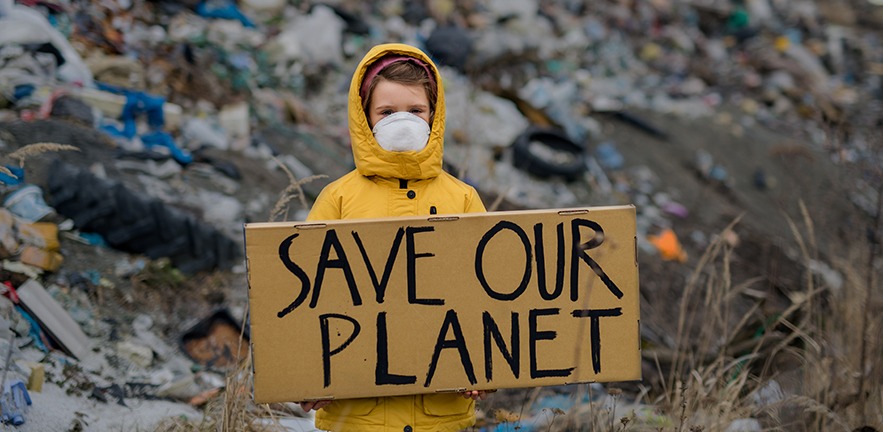The world is almost certain to experience new record temperatures in the next five years, and temperatures are likely to rise by more than 1.5C above pre-industrial levels, scientists have warned.
The breaching of the crucial 1.5C threshold, which scientists have warned could have dire consequences, should be only temporary, according to research from the World Meteorological Organisation (WMO).
However, it would represent a marked acceleration of human impacts on the global climate system, and send the world into “uncharted territory”, the UN agency warned.
Countries have pledged, under the 2015 Paris climate agreement, to try to hold global temperatures to no higher than 1.5C above pre-industrial levels, after scientific advice that heating beyond that level would unleash a cascade of increasingly catastrophic and potentially irreversible impacts.
Prof Petteri Taalas, the secretary general of the WMO, said: “This report does not mean that we will permanently exceed the 1.5C specified in the Paris agreement, which refers to long-term warming over many years. However, WMO is sounding the alarm that we will breach the 1.5C level on a temporary basis with increasing frequency.”
Global average surface temperatures have never before breached the 1.5C threshold. The highest average in previous years was 1.28C above pre-industrial levels.
The report, published on Wednesday, found there was a 66% likelihood of exceeding the 1.5C threshold in at least one year between 2023 and 2027.
New record temperatures have been set in many areas around the world in the heatwaves of the past year, but those highs may only be the beginning, according to the report, as climate breakdown and the impact of a developing El Niño weather system combine to create heatwaves across the globe.
El Niño is part of an oscillating weather system that develops in the Pacific. For the past three years, the world has been in the opposing phase, known as La Niña, which has had a dampening effect on temperature increases around the world.
As La Niña ends and a new El Niño develops, there is a 98% likelihood that at least one of the next five years will be the hottest on record, the scientists found.
Taalas warned of the effects. “A warming El Niño is expected to develop in the coming months and this will combine with human-induced climate change to push global temperatures into uncharted territory. This will have far-reaching repercussions for health, food security, water management and the environment,” he said. “We need to be prepared.”
The Arctic is heating much faster than the rest of the world, and this appears to be having an impact on global weather systems, including the jet stream, which has disrupted weather across the northern hemisphere in recent years.
